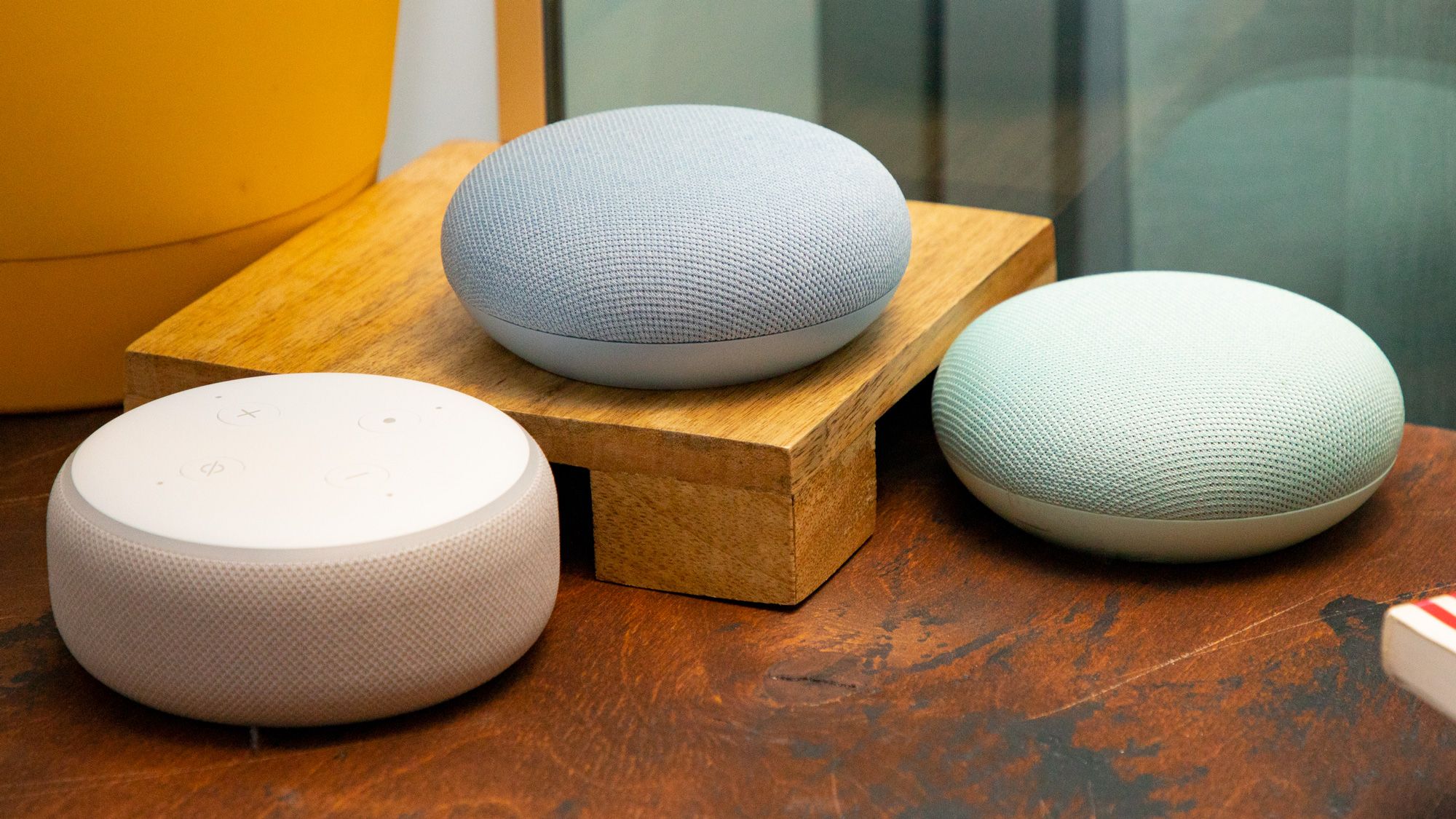Google Home App Receives Early Gemini AI Upgrade for Select Users

Key Points
- Google rolls out early Home app update with Gemini AI to select iPhone users.
- New UI reduces navigation tabs from five to three: Home, Activity, Automations.
- “Ask Home” bar enables natural‑language device control and automation creation.
- Users must acknowledge data usage policies before accessing Gemini features.
- Early release precedes broader Android rollout and hardware launch on October 1.
- Integration aims to simplify smart‑home management and compete with Amazon’s upcoming devices.
Google has begun rolling out an early version of its Home app that integrates Gemini, its latest generative AI model, to a small group of iPhone users. The preview shows a revamped interface with three bottom tabs—Home, Activity, and Automations—replacing the previous five-tab layout. A prominent “Ask Home” bar lets users manage devices and create automations using natural language. Users must acknowledge how Gemini may use their data before accessing these tools. The early release precedes the broader Android rollout and the upcoming hardware launch slated for October 1, signaling a major step forward for Google’s smart‑home ecosystem.
Early Rollout to iPhone Users
Google has quietly pushed an early update of its Home app to a limited number of iPhone users, offering a first look at the integration of Gemini, the company’s newest generative AI model, into its smart‑home platform. The leak surfaced on Reddit, where an iPhone 16 Pro Max owner posted screenshots showing the new UI and features. This early distribution arrives before the wider Android release and ahead of the planned hardware launch on October 1.
New Interface and Features
The updated app replaces the previous five‑tab navigation with three streamlined tabs at the bottom of the screen: Home, Activity, and Automations. The Home tab now merges the former Devices and Favorites sections, while a bold “Ask Home” bar sits at the top, allowing users to issue natural‑language commands to control devices, adjust settings, or create automations. Access to Gemini‑powered tools requires users to acknowledge how the AI may use their data, a step Google has added to the onboarding flow.
Natural‑Language Automation
One of the most touted capabilities of the Gemini integration is the ability to build automations through conversational prompts. Rather than navigating complex menus, users can simply tell the system what they want—for example, “Turn on the living‑room lights when I arrive home” —and the AI will configure the appropriate routine. This approach aims to make smart‑home management more accessible, especially for users who have found existing automation tools cumbersome.
Strategic Timing and Competition
The preview arrives as Google prepares to unveil new smart‑speaker hardware on October 1, positioning the Gemini‑enhanced experience as a core differentiator. Industry observers note that the move also coincides with Amazon’s anticipated 2025 hardware launch, which is expected to feature its own suite of smart‑speaker innovations. By delivering AI‑driven control and a cleaner interface, Google hopes to reclaim momentum in the increasingly competitive smart‑home market.
User Reception and Outlook
Early reactions from the small group of iPhone users have been positive, with many expressing excitement over the natural‑language automation capabilities and the cleaner UI. However, the requirement to acknowledge data usage for Gemini has drawn attention to privacy considerations. As the rollout expands to Android devices and the new hardware hits stores, the impact of Gemini on everyday smart‑home interactions will become clearer.